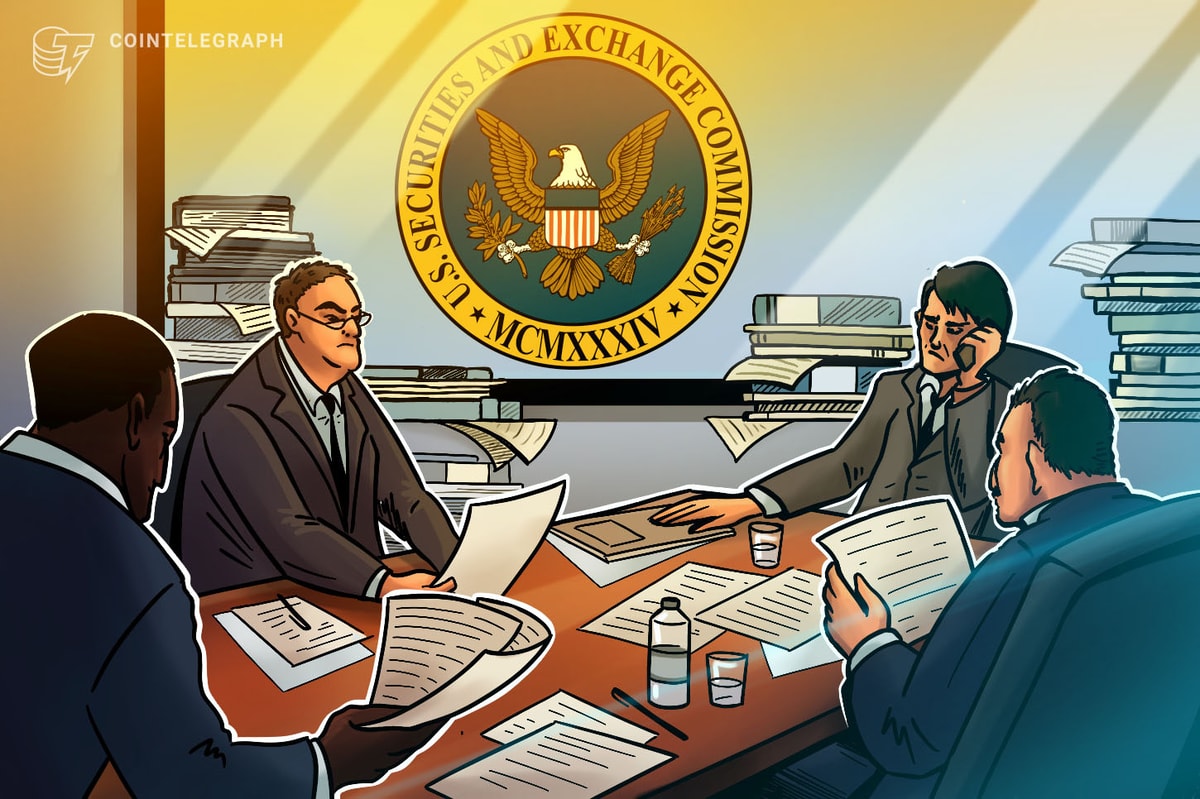The US Securities and Exchange Commission (SEC) on Monday delayed its decision on the proposed Truth Social Bitcoin exchange-traded fund (ETF), extending the review deadline to Sept. 18 from Aug. 4.
The fund, backed by the Trump Media and Technology group, is seeking approval to list the Truth Social Bitcoin ETF on the NYSE Arca exchange under the SEC’s commodity-based trust share framework.
The agency, which can take up to 270 days to approve or reject ETF applications, said it extended the review period to allow more time to evaluate the proposal and any issues raised.
The SEC continues to exercise caution
The Trump-backed Bitcoin ETF wasn’t the only fund facing delays from the SEC today. The agency also postponed decisions on Grayscale’s Solana Trust, extended to Oct. 10, and Canary Capital’s proposed Litecoin ETF.
Hester Peirce, a commissioner on the SEC — dubbed “Crypto Mom” for her pro-crypto stance — recently urged industry stakeholders to expect slower approvals. “People have to be patient… We have some ongoing litigation we’re trying to work through. We have lots of other considerations,” she said in an interview with Bloomberg in May.
Still, today’s delays are swift by historical standards. It took over a decade from the first spot Bitcoin ETF application in 2013 for the SEC to finally approve it in January 2024.
Questions over Trump’s ETF
If approved, the Truth Social Bitcoin ETF would be the first crypto ETF linked to a sitting US president’s business interests. While the ETF itself hasn’t drawn formal objections from the SEC, other Trump-linked crypto deals have raised questions about ethics, influence, and regulatory impartiality, especially among Democrats.
In May, Senators Elizabeth Warren and Jeff Merkley sent a formal letter to the Office of Government Ethics, calling a Trump-linked crypto deal involving World Liberty Financial, Binance and a United Arab Emirates (UAE) firm “a staggering conflict of interest.”
They wrote,
This deal raises the troubling prospect that the Trump and Witkoff families could expand the use of their stablecoin as an avenue to profit from foreign corruption.”
There is also concern that Trump could personally benefit from regulatory decisions that impact crypto markets or firms connected to his business ventures, especially if the SEC approves a financial product that legitimizes or increases demand for assets linked to his brand.
Trump has actively engaged with the crypto industry since he took office. On July 18, he signed the GENIUS Act, the first major US law to provide a clear regulatory framework for stablecoins.
On June 25, the Trump-appointed director of the Federal Housing Finance Admistration (FHFA), William J. Pulte, issued a directive ordering Fannie Mae and Freddie Mac to prepare proposals to treat unconverted cryptocurrency holdings as potentially qualifying assets in single-family mortgage underwriting, without requiring conversion to US dollars.
Magazine: US risks being ‘front run’ on Bitcoin reserve by other nations — Samson Mow
Read the full article here















